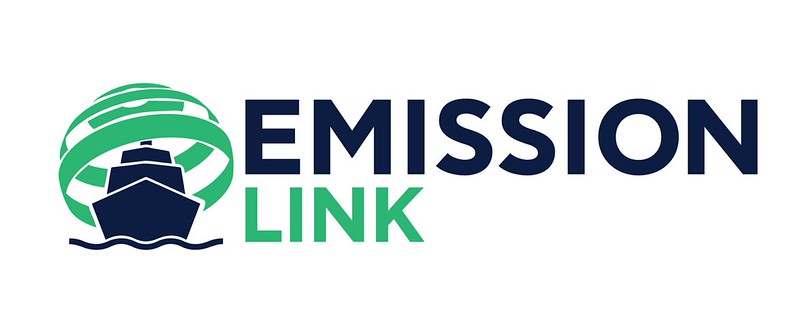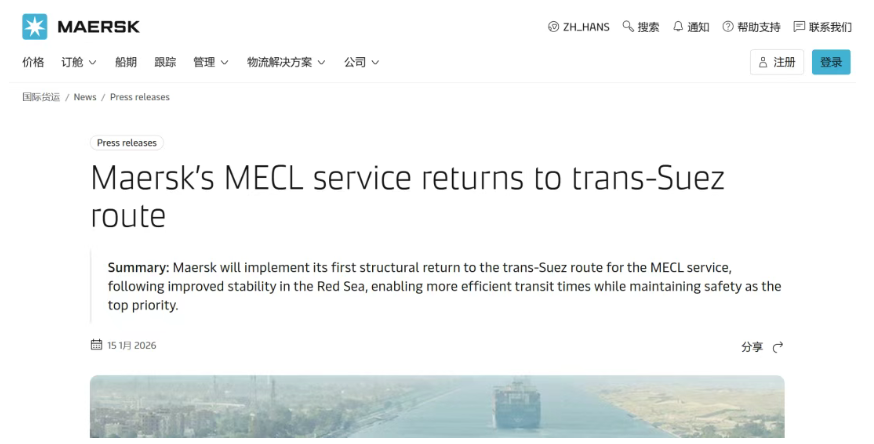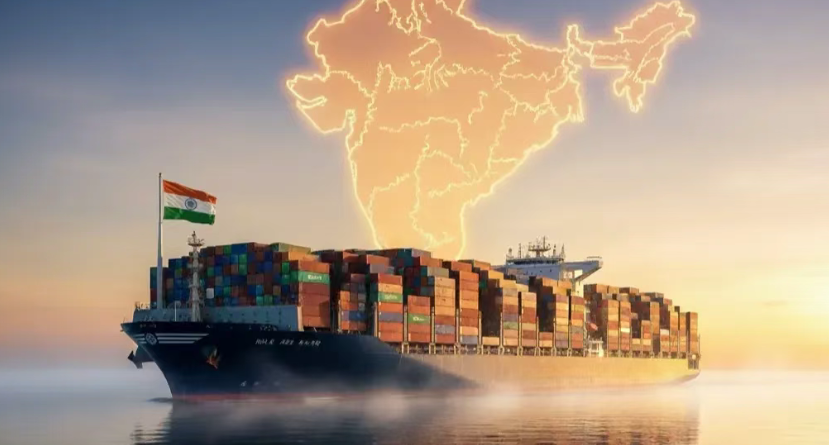
As we usher in 2019, many industry analysts are telling logistics managers to begin planning for a major transformational event coming into play for the ocean cargo sector a year from now.
According to a recent survey conducted by global shipping consultancy Drewry, there is “considerable unease” about the International Maritime Organization’s global emissions regulations, due to come into force on January 1, 2020.
Particular concern was expressed by respondents in both the survey and follow-up interviews about carriers’ methods of fuel cost recovery with more than half of all respondents (56%) stating that they did not consider their service providers’ existing approaches as either fair or transparent.
Furthermore, four of every five shippers participating in the survey stated that they had yet to receive clarity from their providers as to how the widely anticipated future fuel cost increases, set to accompany the 2020 regulatory change, would be met.
Most alarming, perhaps, is the finding that a surprisingly large proportion (33%) of respondents to the Drewry survey admitted to having poor or very poor awareness and understanding of the new regulation.
In Drewry’s view, the level of uncertainty today as to the total cost impact is so large that nobody is able to provide a confident forecast of the cost of compliance; the only certainty is that the extra cost will run into billions of dollars globally come 2020. Based on independent “futures” prices, low-sulphur marine fuel prices per ton will be 55% higher than current high-sulphur fuels and Drewry considers that the probable “worst case” scenario is that fuel costs (paid by carriers) and fuel surcharges (paid by shippers) in global container shipping will increase by 55-60% in January 2020.
Philip Damas, Head of Drewry Supply Chain Advisors, observes that the IMO low-sulphur rule represents a very significant, industry-wide, “change event” which will likely have far reaching effects on the global shipping industry for many years to come.
“Given the scale of the extra costs triggered by the new regulation and the carriers’ expectations that their pricing and fuel charge mechanism with customers must be restructured, there is a need for carriers to address the transparency concerns expressed by their customers,” he says.







